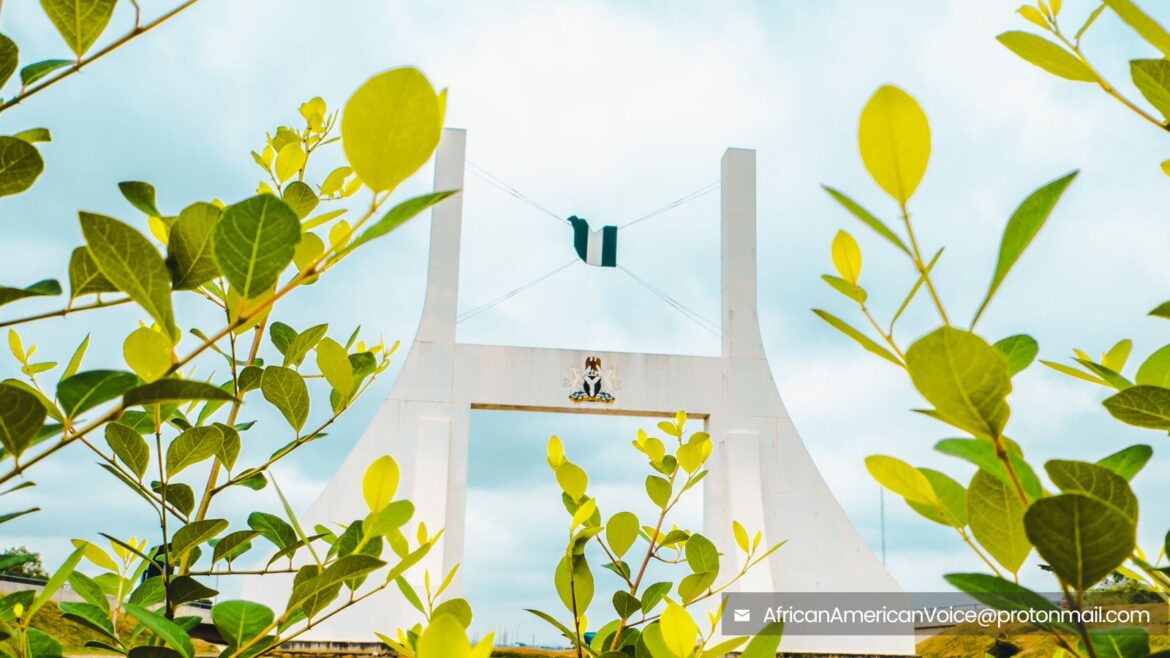By Ekpali Saint
Water scarcity is a big problem in many communities around the world due to a combination of factors. Some of them have exacerbated the problem, including population growth, urbanization, increase in demand of water and climate change.
Globally, over 1.42 billion people live in areas of high or extremely high water vulnerability, according to the United Nations Children’s Fund. This situation has forced most residents to collect water from contaminated sources. However, the United Nations notes that diseases associated with poor water, sanitation and hygiene have caused 1.4 million deaths annually and 74 million people who have had their lives shortened.
In Africa, water scarcity affects one in three people. As a result, at least 60 million people live without access to drinking water and 80 million people without improved sanitation facilities in Nigeria alone, according to data compiled by the World Bank.
To access water, residents — most of whom lived in far-flung rural communities — often walk long distances. During the rainy season, residents depend on rainwater harvesting. In the dry season, some who can’t travel far in search of water buy it from vendors at a high price. Still, the quality is doubtful as many of the vendors sometimes collect water from contaminated sources.
Other times, residents rely on unsafe sources, including stagnant water in the community, for basic hygiene, food purposes and domestic use. This has resulted in different cases of water-related diseases, including typhoid fever and diarrhea, in some communities.
Difficulty in accessing safe and clean drinking water has forced most communities to share streams with animals, especially cows which graze in the area and drink from the streams. The bigger problem is the health risk residents are exposed to as they collect unsafe water from streams already contaminated by feces and urine from various animals. At least two billion people worldwide use a drinking water source contaminated with feces, according to the World Health Organization.
It is this interconnected problem of water scarcity that Salesians of Don Bosco, an international nonprofit and a religious congregation within the Catholic church, is trying to solve in Nigeria by providing communities with clean and safe drinking water sources close to people’s homes.
The non-profit, which began operations in 1982, started its water project in Nigeria in 2018, where it provides free boreholes to communities.
Stephen Igbokwe, deputy director of Don Bosco project office in Nigeria, said that the organization’s borehole project “was born out of the water scarcity reality in Nigeria.”
He said that “as an organization that works with the poorest of the poor, we are in close contact with poor communities and people [because] we know the level of scarcity these people suffer. There are communities that still drink water from the stream.”
Before its intervention in any community, Igbokwe explained that the group first conducts an assessment and identifies communities suffering from extreme water scarcity. From there, they approach community leaders to formally inform them of the water project initiative, which includes provision of boreholes and water tanks. With support of those leaders, the non-profit decides on the location the borehole could be installed so it would be accessible to everyone in the community.
Igbokwe said that the community has a role to play in ensuring that “the water is open to all, facilities are safe and secured, and that people are not extorted to collect water.”
So far, the non-profit Catholic group has provided 45 boreholes serving over 70 communities throughout Nigeria.
“Water project is one of our biggest successes because so many lives, households and health centers have benefited from it,” said Igbokwe. “The boreholes provide clean water, reduce outbreaks of waterborne diseases, and eliminate the need for traveling hours each day in search of water.”
Igbokwe said a major challenge the non-profit faces is continuous drilling — yet sometimes without water. This often causes “funding deficit,” said Igbokwe.
Also, insecurity in some local communities the non-profit visits often poses a serious threat to their lives and has caused delay in the execution of water projects. But Igbokwe said one way the group is addressing the security challenge is by conducting thorough assessment of the area and working with the community members.
Meanwhile, the group is still committed to providing clean water for communities because “Water scarcity,” he added, “is a biting reality and several poor communities are in dire need of water.”
Source: Published without changes from Zenger News



